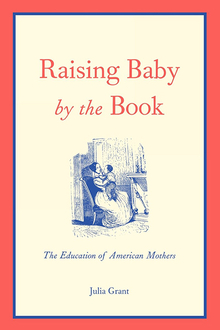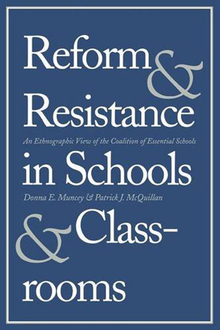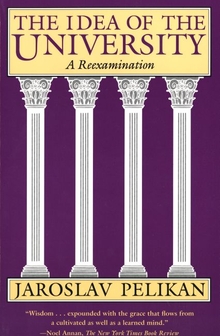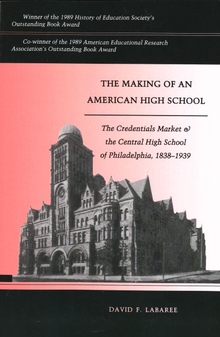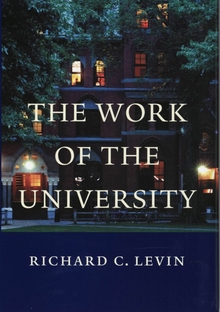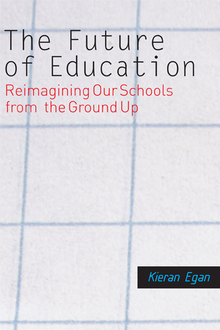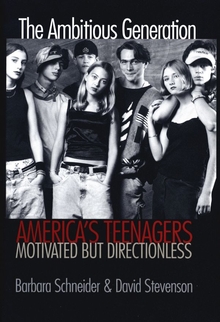Raising Baby by the Book
WARNING
You are viewing an older version of the Yalebooks website. Please visit out new website with more updated information and a better user experience: https://www.yalebooks.com
The Education of American Mothers
Julia Grant
Drawing on a wide range of historical sources—from letters written to child-rearing experts to the minutes of mothers’ study clubs—Grant provides access to the voices of mothers from diverse class and ethnic backgrounds, revealing the impact of "expert" advice on maternal thinking and practices. Grant’s review of child-rearing literature extends from Locke and Rousseau to Gesell, Ilg and Ames, Spock, Brazelton, Leach, and Elkind. She describes the "medicalization" of mothering, ongoing negotiations between mothers and professionals, and women’s reactions to the experts’ recommendations. As mothers have increasingly sought assistance in the complex enterprise of raising children, Grant finds, they have become discriminating consumers of professional advice—choosing to follow it, ignore it, or adapt it to their individual circumstances.
"Grant offers an intriguing interpretation of the relationship between societal for child-rearing, as articulated by 'experts,' and the actual beliefs and experiences of American mothers. . . . Grant's interesting study contributes several valuable insights to our understanding of the history more generally."—Linda W. Rosenzweig, American Historical Review
"Grant asks some new and fruitful questions about the ongoing relationship between parents, parenting books, and the experts who write them. Why do parents feel a need for expert reassurance? How does this expert advice interact with the common-sense insights provided by daily parenting? And what do you do when the experts disagree?"—Susan Wise Bauer, Books & Culture: A Christian Review
"How parents came to rely so heavily upon the advice of medical and psychological experts in the rearing of their children is the basic question of this important and elegant historical study by Julia Grant."—Howard Markel, Bulletin of the History of Medicine
"Raising Baby illuminates many large and important trends in American Society—the emergence of professionalism, especially the 'helping professions,' the displacement of folk wisdom and tradition by 'scientific' expertise, and the growth of a 'therapeutic' culture. Grant's range and use of secondary sources is impressive. She has also unearthed extensive primary sources that reveal how individual mothers responded to the conflicting advice promulgated by various authorities and experts."—Choice
"A valuable survey of the parent education movement in the twentieth century. Julia Grant draws on a range of sources, including advice literature, records of women's clubs, and letters to child-rearing experts, to document the emergence of parent education from the viewpoint of mothers. . . . An important contribution to the literature on parent education and to the vast scholarship on American motherhood."—Molly Ladd-Taylor, Journal of American History
"Grant has made marvelous use of some extraordinary evidence to remind historians and others that culture is constantly negotiated and that meaning ‘happens’ in this negotiation. Perhaps my greatest wish is that public policy makers and certain talk show hosts would read this book."—Jay Mechling, Journal of Social History
"Grant has found wonderful primary sources, and her description and analysis of mothers’ reactions to professionals’ advice are personal, poignant, and powerful. Her book will stand as the first significant work on the history of American parent education."—Barbara Beatty, author of Preschool Education in America
Publication Date: June 1, 1998

